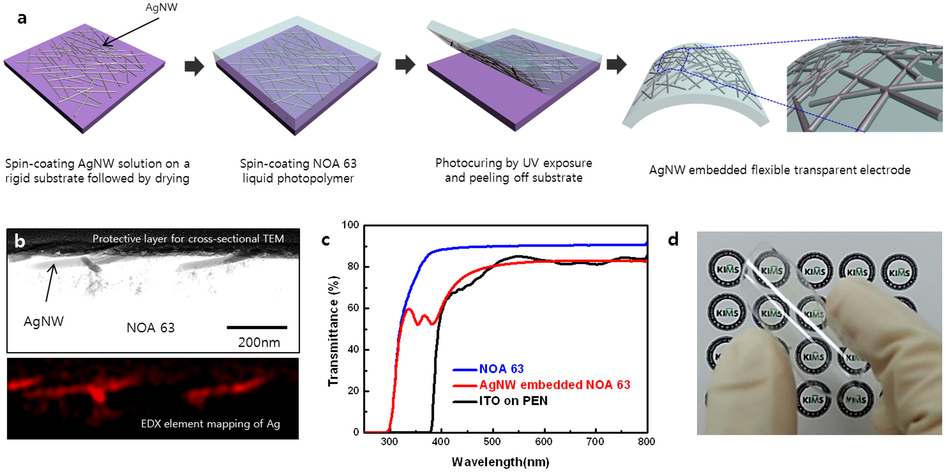iPad Pro new pressure-sensitive display tech could challenge Wacom on its own turf
According to Korean news site
ETNews, Apple may be exploring a new nano material, to build the touchscreen for the iPad Pro. The material is based on AgNW, which stands for Silver(Ag) /Nano-Wires. An explanation of the working principle of AgNW can be found on this Nature.com's Scientific Report.

Among some of the properties of this material, developed by the Korea Electronics Technology Institute (KETI), include pressure sensitive feedback, similar to the new MacBook’s Force Touch trackpad, with the added advantage of allowing for the nanowires to be still conductive at 10 nanometer.
This could be bad news for Wacom’s tentative steps into the smart tablet industry, as more lightweight devices using pressure-sensitive display tech could become a reality in as little as five years, effectively dethroning Wacom as the leader in its category. Wacom’s dominance in enterprise-class graphic tablets, such as Cintiq and Bamboo has created a following over 30 years. By the same token, multi-touch display tech has now spread across all consumer devices like wildfire, making the mere working principle of Wacom LCD tablets, almost as common as the invention of the stylus.
With rumors of a larger iPad in the works, there is no telling what Apple has in store for enterprise customers, particularly if Apple decides to invest into creative graphic applications and hardware, which is a possibility considering its strong relations with Adobe.
Maintaining high conductivity at such extreme miniaturization levels means also the potential for creating truly flexible touchscreens, which Apple could implement in future devices, where flexible properties would be ideal to curb damage from direct impact. This however doesn’t mean that future iPad and iPhone devices will be indestructible, only that damage to touchscreens could lead to less impractical breakage, typical of glass surfaces.
Implementing AgNW would be also beneficial for wireless signal, which would pass through the microscopic filaments, but the biggest advantage in using this technology, is cost of production, as there will be no need to use rare materials, like Indium.
According to ETNews’s sources, Apple is in talks with LG, Samsung and Japan Display, for mass production of AgNW touchscreens, coated with Sapphire crystal, which would result in an extremely lightweight and durable material. Samsung has already started production, although it’s not clear is the material is meant for Apple, or for Samsung’s own product lines.
Ultimately, there is no confirmed evidence that this technology will be used in the iPad Pro, which hasn’t yet graduated from its rumor status, and there is room to speculate of perhaps a newer, regular, iPad, with improved specs, which could integrate AgNW technology.